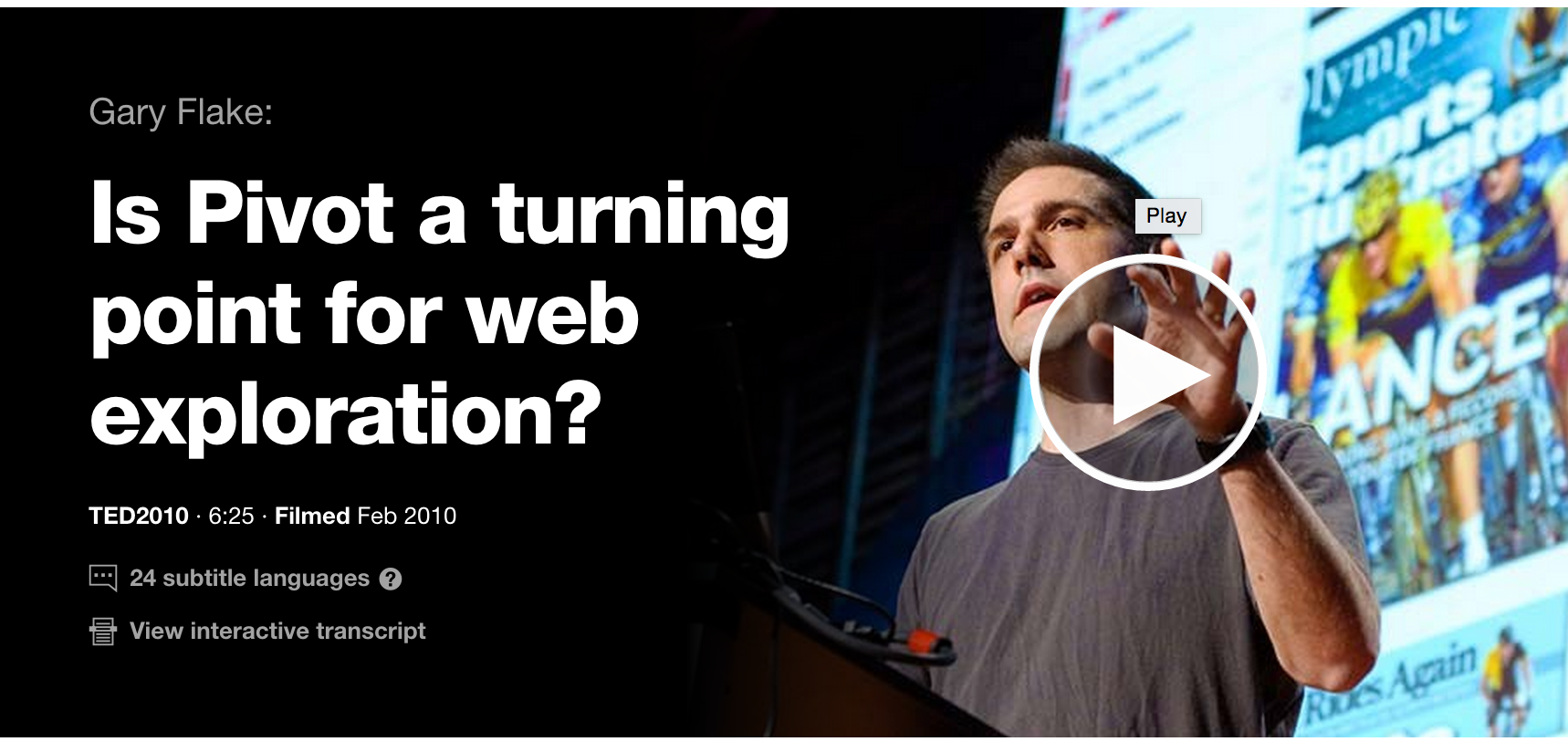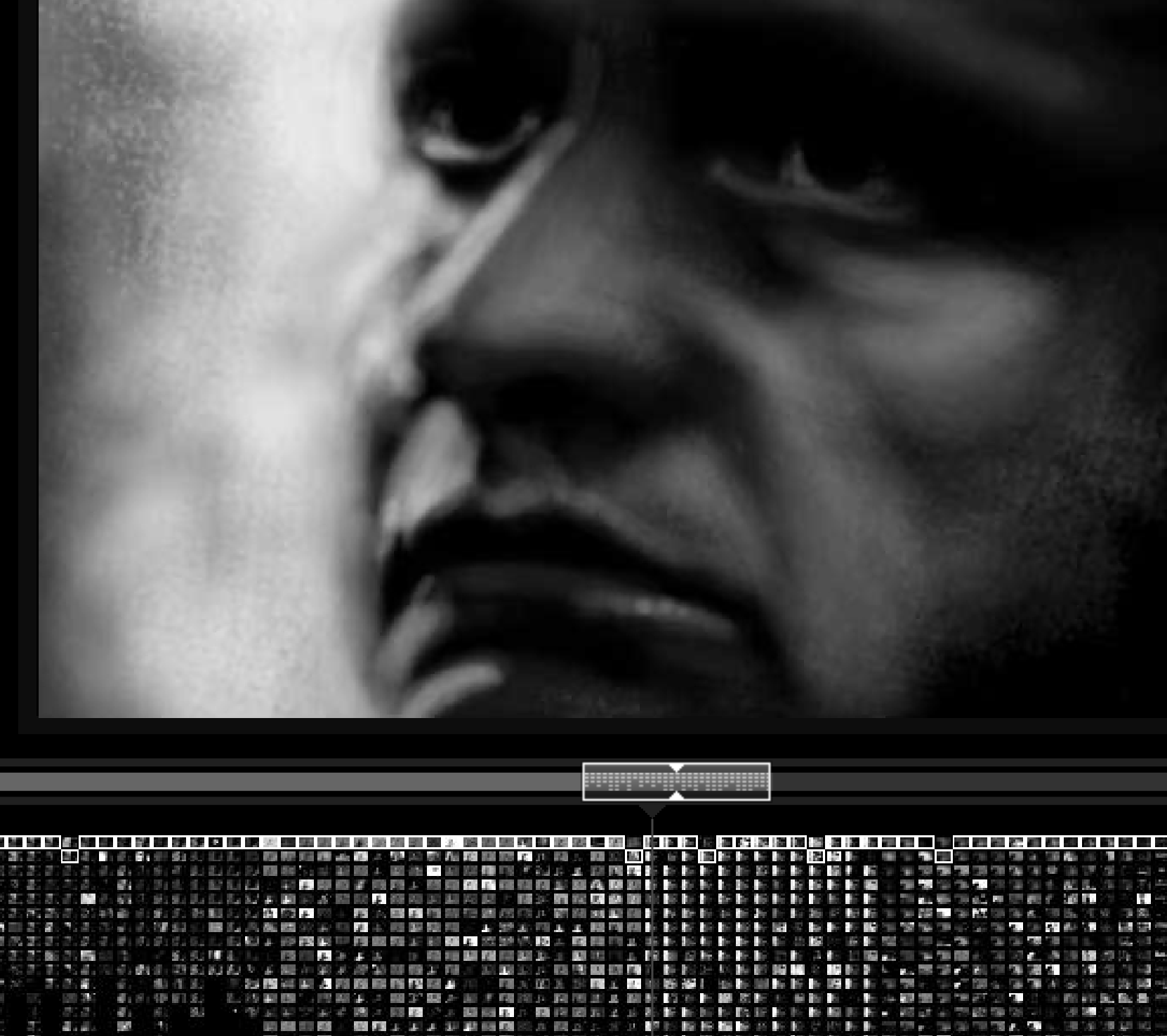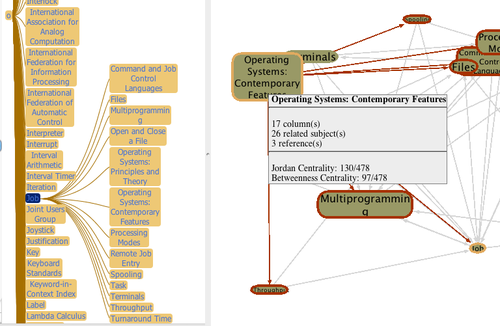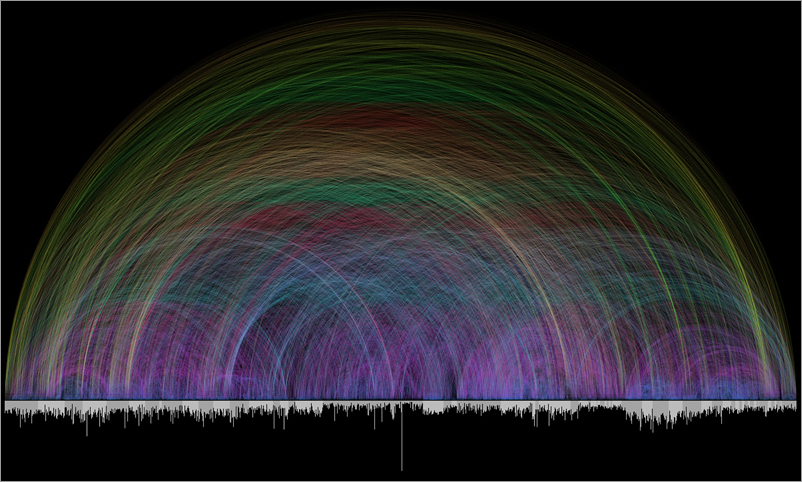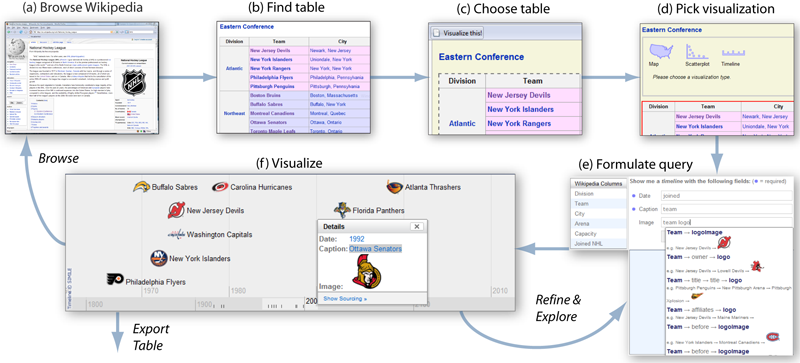DT's Page for Kahn Memory Project 2015-16
--D. Thiebaut (talk) 09:42, 26 March 2015 (EDT)
Contents
Kahn-Institute Memory Project, 2015-16
Suggested Speakers
- Jeff Hawkins, Wikipedia entry
- Author of On Intelligence. (2004) where he presents a model for human intelligence and memory. His main point is that memory is necessary for intelligence, and human intelligence is based on the ability to constantly recognize patterns and perform short-term prediction of the future based on memory of recorded events.
- Short bio
- Taken from his Wikpedia entry: Jeffrey Hawkins (/ˈhɔːkɪnz/; born June 1, 1957) is the American founder of Palm Computing (where he invented the Palm Pilot)[1] and Handspring (where he invented the Treo). He has since turned to work on neuroscience full-time, founded the Redwood Center for Theoretical Neuroscience (formerly the Redwood Neuroscience Institute) in 2002, founded Numenta in 2005 and published On Intelligence describing his memory-prediction framework theory of the brain. In 2003 he was elected as a member of the National Academy of Engineering "for the creation of the hand-held computing paradigm and the creation of the first commercially successful example of a hand-held computing device."
Hawkins also serves on the Advisory Board of the Secular Coalition for America and offers advice to the coalition on the acceptance and inclusion of nontheism in American life.
- Taken from his Wikpedia entry: Jeffrey Hawkins (/ˈhɔːkɪnz/; born June 1, 1957) is the American founder of Palm Computing (where he invented the Palm Pilot)[1] and Handspring (where he invented the Treo). He has since turned to work on neuroscience full-time, founded the Redwood Center for Theoretical Neuroscience (formerly the Redwood Neuroscience Institute) in 2002, founded Numenta in 2005 and published On Intelligence describing his memory-prediction framework theory of the brain. In 2003 he was elected as a member of the National Academy of Engineering "for the creation of the hand-held computing paradigm and the creation of the first commercially successful example of a hand-held computing device."
- Interesting inteview on Gigaom. 2014. The comments at the end of the article indicate that half of the readership dismisses his approach, while the other half supports it. Might be too controversial a speaker...
- --- "Our belief in this comes really from studying the brain. This is what the neocortex does. The neocortex uses one framework for vision, audition, language, motor, planning, robotics, everything. Everything you do, writing, thoughts, planning conferences, it’s all the same thing. It’s one memory framework."
- --- "We’ve invented a term called hierarchical temporal memory, which describes the basic theory about what’s going on here. Very importantly, nothing in HTM is task-specific, just like in your brain."
- "
A Virtual Museum

- Discovered Umass Museum of Art: www.umass.edu/umca
- Background, taken from www.umass.edu/umca:
Wonder is two-fold. It is to act and to be, to ask and to awe. It is a gem that we carry in our memories, and the flint that sparks countless questions. These wonders give meaning to a world filled with uncertainties.
[...]
The wunderkammer, invented in the 16th century, not only represented a kernel of Enlightenment thought in the desire to accumulate, classify and investigate objects from around the world, but also existed as an early ancestor of today’s museums.
Data-Visualization of The Things They Carried
- Graphs and stats can be found here.
Interesting Links for the Concept of Memory in Computers
TED Talk, by Gary Flake
- What we wiki, D. Thiebaut
- Stacy Schiff, “Know It All, Can Wikipedia conquer expertise?”, The New Yorker, July 31, 2006.
- Martin Hepp, Daniel Bachlechner, and Katharina Siorpaes, “Harvesting Wiki Consensus - Using Wikipedia Entries as ontology Elements,” citeseer.ist.psu.edu/747700.html, 2006
- Don Tapscott and Anthony Williams, Wikinomics: How Mass Collaboration Changes Everything. Portfolio, 2006
- Michael Stube, and Simone Paolo Ponzetto, “WikiRelate! Computing Semantic Relatedness Using Wikipedia,” in Proceedings of the 21st National Conference on Artificial Intelligence, Boston, Mass., 16-20 July, 2006, pp. 1419-1424.
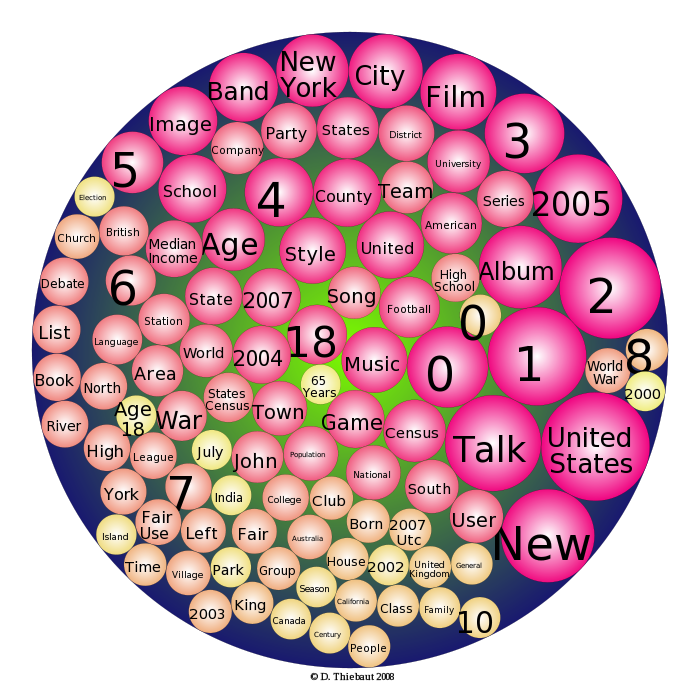
Icons of the Web
Category: Art
Author/Source: NMap.org
Implementation: NMap Security Scanner
Date: 2010
The area of each icon is proportional to the sum of the reach of all sites using that icon. When both a bare domain name and its "www." counterpart used the same icon, only one of them was counted. The smallest icons--those corresponding to sites with approximately 0.0001% reach--are scaled to 16x16 pixels. The largest icon (Google) is 11,936 x 11,936 pixels, and the whole diagram is 37,440 x 37,440 (1.4 gigapixels). Since your web browser would choke on that, we have created the interactive viewer below (click and drag to pan, double-click to zoom, or type in a site name to go right to it).
Visnomad
Category: Lexical/Text
Where: Smith College
Implementation: 2D, network
Date: 2009-present
From http://visnomad.org: "We present an original visualizer that allows users to travel through the network of pages of an early encyclopedia of computer science. The purpose of this tool is to better understand the relationship between concepts of computer science at an early stage in the development of the field. The visualizer is written in Java, interfaces to a database server, and sports two different graphical representations, a tree and a graph that are logically connected. We present our design goals, our choices of implementations and the challenges encountered."
Chris Harrison--Visualizing the Bible
Category: Lexical/Text
Author/Source: Chris Harrison, CMU
Implementation: NA
Date: 2009
from http://www.chrisharrison.net/projects/bibleviz/index.html: "The bar graph that runs along the bottom represents all of the chapters in the Bible. Books alternate in color between white and light gray. The length of each bar denotes the number of verses in the chapter. Each of the 63,779 cross references found in the Bible is depicted by a single arc - the color corresponds to the distance between the two chapters, creating a rainbow-like effect."
VisPedia: Standford's Visualization of Wikipedia
Category: text / lexical
Author/Source:Stanford
Implementation: network
Date: 2009
"We present Vispedia (live at vispedia.stanford.edu), a system that reduces the cost of data integration, enabling casual users to build ad hoc visualizations of Wikipedia data. Users can browse Wikipedia, select an interesting data table, then interactively discover, integrate, and visualize additional related data on-demand through a search interface and a query recommendation engine. This is accomplished through a fast path search algorithm over a semantic graph derived from Wikipedia. Vispedia also supports exporting the augmented data tables produced for use in more traditional visualization systems. We believe that these techniques begin to address the "long tail" of visualization by allowing a wider audience to visualize a broader class of data."
